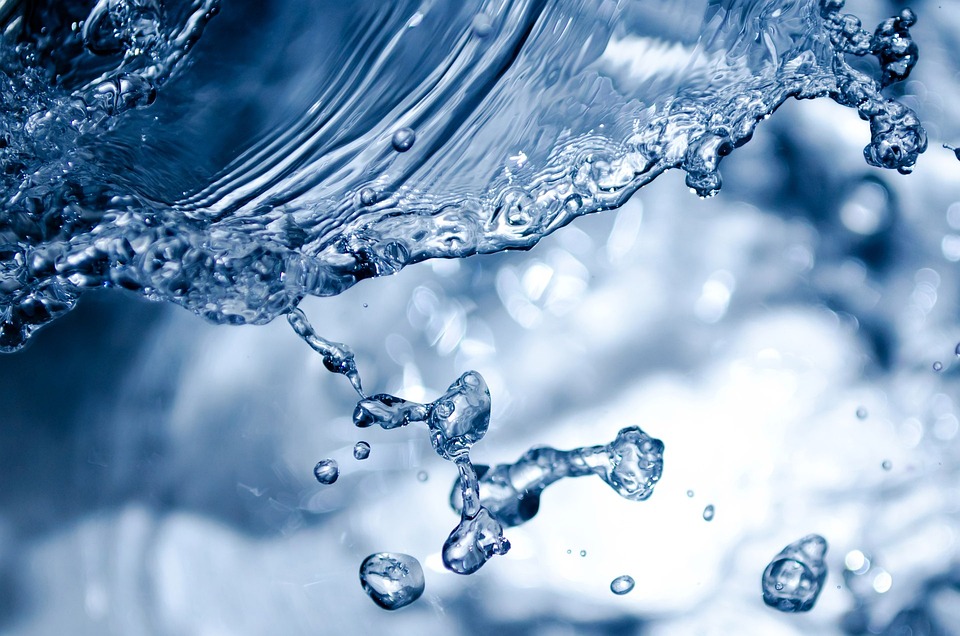Hydration for Health Conditions
Fluids for Longevity: Unlocking the Secrets of Successful Hydration in Seniors
Fluids for Longevity: Unlocking the Secrets of Successful Hydration in Seniors
Proper hydration is essential for people of all ages, but it becomes increasingly important as we get older. Aging adults are more susceptible to dehydration due to various factors such as decreased thirst sensation, reduced kidney function, and medication side effects. Fluids play a vital role in maintaining overall health and well-being in seniors and can significantly contribute to increased longevity. In this article, we will explore the importance of hydration in older adults and provide valuable insights on how to ensure successful hydration.
Understanding the Importance of Hydration in Seniors
Water makes up a significant portion of our bodies and plays a crucial role in various biological processes, including digestion, circulation, temperature regulation, and waste elimination. As we age, the body’s ability to retain water diminishes, making older adults more vulnerable to dehydration.
Dehydration can have severe consequences for seniors, leading to an array of health issues, including urinary tract infections, kidney problems, constipation, confusion, and even hospitalization. Furthermore, studies have indicated that chronic dehydration in older adults may contribute to cognitive decline and increase the risk of falls and fractures.
Tips to Encourage Proper Hydration in Seniors
1. Increase Water Intake: Seniors should aim to consume at least eight 8-ounce glasses of water per day. Scheduling regular water breaks and keeping water easily accessible can help seniors remember to drink throughout the day.
2. Consume Hydrating Foods: Certain foods, such as watermelon, cucumbers, oranges, and tomatoes, have high water content and can contribute to overall hydration. Encourage seniors to include these foods in their daily diet.
3. Set Reminders: Utilize alarms or smartphone apps to remind seniors to drink water regularly. These reminders can be especially helpful for those with cognitive impairments.
4. Limit Caffeine and Alcohol: Caffeinated and alcoholic beverages can have diuretic effects, leading to increased urine production and potential dehydration. Encourage moderation or substitution with non-caffeinated and non-alcoholic alternatives.
5. Offer Flavorful Hydration Options: Some seniors may find plain water unappealing. Try infusing water with slices of citrus fruits or adding low-sugar flavor enhancers to make hydration more enjoyable.
6. Assist with Drinking: For seniors with mobility or dexterity issues, providing assistance with drinking can help ensure they meet their hydration needs. Offer a helping hand or consider using adaptive aids like straws or cups with handles.
Frequently Asked Questions (FAQs)
Q1: How can I tell if an older adult is dehydrated?
A1: Some common signs of dehydration in seniors include dry mouth, dark yellow urine, fatigue, dizziness, confusion, and decreased skin elasticity. If you suspect dehydration, it is essential to seek medical attention promptly.
Q2: Can dehydration lead to urinary tract infections in seniors?
A2: Yes, dehydration can increase the risk of urinary tract infections in older adults. Insufficient fluid intake can lead to concentrated urine, facilitating bacterial growth in the urinary tract.
Q3: Are there any medical conditions that increase the risk of dehydration in seniors?
A3: Certain medical conditions such as diabetes, kidney disease, and congestive heart failure can increase the risk of dehydration in seniors. It is crucial to manage these conditions effectively to maintain proper hydration.
Q4: What are the dangers of overhydration in seniors?
A4: While proper hydration is crucial, overhydration can have its risks, especially for seniors with specific medical conditions. It is essential to consult with a healthcare professional to determine the appropriate fluid intake for individual needs.
Q5: Are sports drinks an effective option for hydration in seniors?
A5: Sports drinks can be beneficial for seniors who engage in intense physical activity or experience fluid loss due to sweating. However, they should be consumed in moderation due to their high sugar content. Water remains the best choice for everyday hydration.
In conclusion, maintaining proper hydration is vital for seniors to promote longevity and overall health. By understanding the importance of hydration, encouraging regular water intake, and adopting strategies to support successful hydration, we can help older adults age gracefully and reduce the risk of dehydration-related complications. Remember to consult with healthcare professionals for personalized hydration recommendations based on specific health conditions and medication usage.

